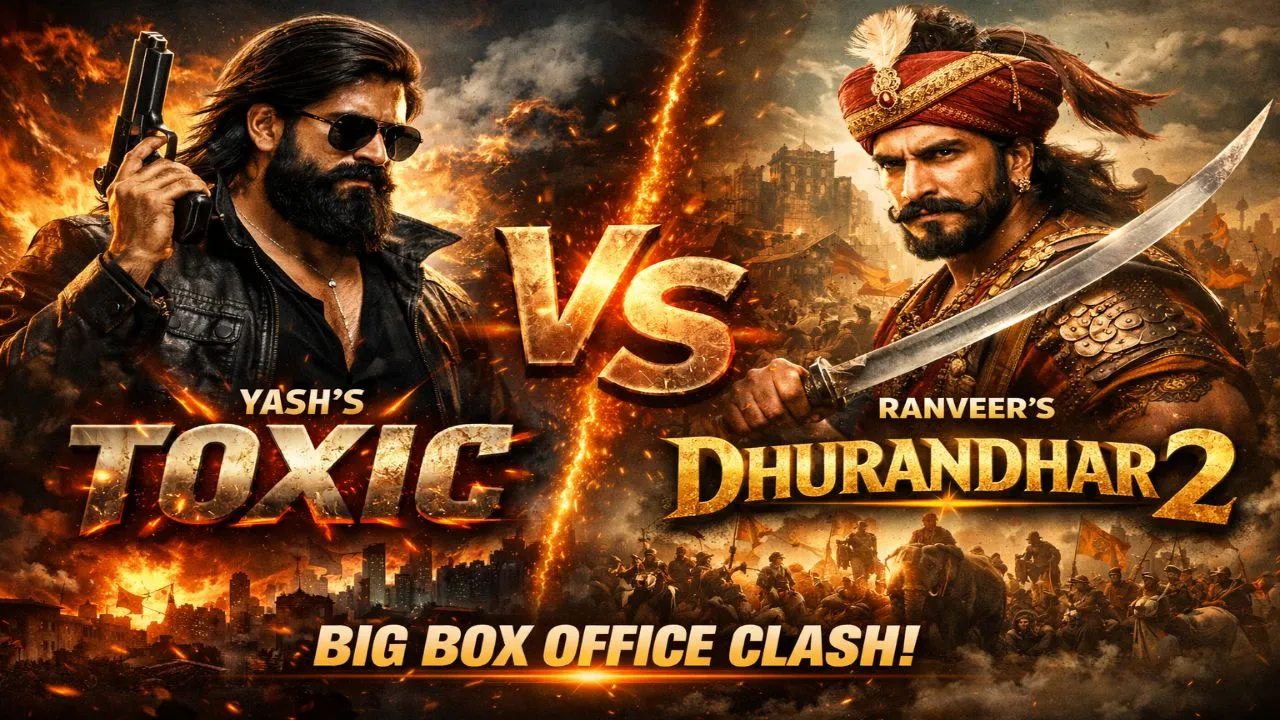In a groundbreaking development, Sony Music Entertainment, Warner Music Group, and Universal Music Group — the “Big Three” record labels — have each signed AI music licensing agreements with Los Angeles–based startup KLAY Vision Inc. This move is significant as it marks one of the first times that all three major labels, along with their respective publishing arms, have come together to license music for an AI-driven platform.
These deals represent a shift in the music industry’s strategy — from legal confrontation to collaboration — in response to generative AI’s growing role in music creation. KLAY Vision’s platform is being built around a Large Music Model that is trained exclusively on licensed music, aiming to deliver immersive, interactive listening experiences while protecting artist and songwriter rights.
What Is KLAY Vision and Its Vision for AI Music
1. Background and Founding Team
Founded in Los Angeles, KLAY Vision Inc. is led by CEO Ary Attie, who is also a musician. The leadership team includes experts from music, AI, and technology, combining decades of experience across the creative and tech industries. Their combined expertise positions KLAY at the intersection of creativity and technology, aiming to transform how people interact with music.
2. What KLAY Wants to Build
Unlike many AI tools that rely on prompt-based generation, KLAY’s product is not about disposable or meme-like songs. Instead, the company envisions a subscription-based platform where fans can interact with music in a deeper, more human way. The system is described as an “active listening model,” allowing listeners to shape their musical experiences. KLAY emphasizes that its model enhances, rather than replaces, human creativity, aiming to uplift artists while creating innovative experiences for fans.
3. Ethical and Licensed Training
A critical part of KLAY’s pitch is that its Large Music Model is trained only on licensed material. This contrasts with other generative AI systems that have faced criticism for using copyrighted materials without proper licenses. By building its business in partnership with the music industry, KLAY aims to create a licensing framework that respects and rewards rightsholders, including artists and songwriters.
Key Points of the Licensing Agreements
1. Scope of Agreements
The deals are separate but complementary, covering both the recording side (record labels) and the publishing side (songwriters and composers). The signatories include Universal Music Group (UMG), Universal Music Publishing Group (UMPG), Sony Music Entertainment (SME), Sony Music Publishing (SMP), Warner Music Group (WMG), and Warner Chappell Music (WCM). Each label and publisher has its own agreement with KLAY, reflecting different commercial terms, rights, and usage scopes.
2. Commercial and Ethical Framework
KLAY’s agreements are not just about access to catalogs; they also define how artists and songwriters will be credited and compensated when their work is used in the AI system. The agreements include “guardrails, attribution systems, and cultural dialogue,” demonstrating a strong focus on governance and transparency. Rather than viewing AI as a threat, the labels see this as a potential “force multiplier” for artistry, offering new ways for fans to engage and new revenue streams for creators.
3. Product Model
KLAY plans to launch a subscription product, indicating that users will pay to access this interactive, AI-powered music experience. The company is also expanding efforts to include all independent labels, artists, publishers, and songwriters in its framework. By involving independent creators, KLAY aims to build a broader, more inclusive ecosystem.
Why This Move Matters: Strategic and Industry Implications
1. A New Paradigm: From Litigation to Collaboration
The licensing deals with KLAY mark a turning point for how the music industry responds to AI: from lawsuits to strategic partnership. Previously, major labels sued several AI companies over alleged copyright infringements. But this new approach — licensing models rather than blocking them — suggests the industry is embracing AI, not merely resisting it. Labels emphasized that KLAY’s approach protects artists’ rights while also expanding artistic possibilities.
2. Setting Precedent in AI Music Licensing
With KLAY, all three major labels and their publishers are on board, making it the first AI startup to secure such sweeping licensing deals. This could serve as a blueprint for future AI music companies negotiating with rightsholders. The licensing framework — guardrails, attribution, and compensation — may become a standard for the generative music space, potentially reducing the risk of future lawsuits as more AI platforms choose to license rather than use unlicensed material.
3. Economic and Cultural Impact
For artists and songwriters, these deals could unlock new revenue streams through AI-generated interactions and subscriptions. For fans, KLAY offers a novel way to engage with music — not just passively listening, but shaping the musical experience. For the music industry, it signals a more mature, forward-looking stance. For AI innovation, KLAY’s model encourages responsible development, balancing creativity with rights protection.
Risks, Challenges, and Open Questions
While the KLAY-label deal is promising, it’s not without potential hurdles:
- Financial Transparency: The deals do not disclose exact financial terms, making it unclear how generous the compensation for artists and publishers will be.
- Scalability and Adoption: The subscription product may initially appeal to niche or early-adopter audiences, and widespread adoption is crucial for success. The participation of independent artists is also a key factor for building a rich catalog.
- Attribution and Governance: While the deal mentions “attribution systems” and “guardrails,” exact mechanisms are not detailed. Tracking how AI uses and transforms existing songs is complex, and creative control remains a potential concern.
- Consumer Trust and Experience: Will fans pay for a subscription when free AI tools are available? Will artists feel fairly compensated and recognized for their work used in AI-generated experiences?
- Regulatory and Copyright Risks: Even with licensing, AI music platforms may face new scrutiny over derivative works, IP ownership, and copyright regulations.
Comparison with Other AI-Music Trends
- Other AI Platforms: Several AI music companies are pursuing licensing deals, settlements, or partnerships with major labels, but KLAY’s model is distinct in its emphasis on interactive listening experiences and full licensing coverage.
- Label Strategy: Labels are exploring multiple AI partnerships simultaneously, signaling that they are testing different models for AI adoption rather than committing to a single company.
- Industry Consensus: The broader trend is that major labels are increasingly open to licensing models for AI, moving away from a purely litigious stance.
Quotes from Key Stakeholders
- Ary Attie (CEO, KLAY):
“Technology is shaped by the people behind it and the people who use it. From the beginning, we set out to earn the trust of the artists and songwriters whose work makes all of this possible, to help people experience more of the music they love while creating new value for artists and songwriters.” - Michael Nash (UMG Executive):
“We’re happy to announce that we’ve signed a commercial license with KLAY Vision. We’re excited about their transformational vision and commitment to ethical generative AI in music.” - Dennis Kooker (Sony Music Executive):
“We aim to collaborate with companies that recognize the importance of securing proper licenses from rights holders to create next-generation AI music experiences.” - Carletta Higginson (WMG Executive):
“Right from the start, KLAY has followed the right path by building a platform that enhances creative possibilities while still protecting the true value of music.”
Broader Implications for the Future of Music and AI
- Redefining “Listening”: KLAY’s model suggests the future of music consumption may involve interactive and dynamic experiences, where listeners co-create or shape the way songs play.
- New Revenue Models: Artists may earn from subscription revenue and usage-based compensation, allowing independent creators to benefit from new royalty pathways.
- Trust and Ethics in AI Music: By building its model on licensed music, KLAY sets a high ethical standard, emphasizing attribution, transparency, and creator-centric policies.
- Challenges for Competitors: Companies that do not license music may face difficulties competing in a landscape where rights-holders demand fair compensation.
- Regulatory and Copyright Considerations: AI music licensing may influence future regulations regarding attribution, derivative works, and copyright enforcement, inspired by KLAY-like frameworks.











